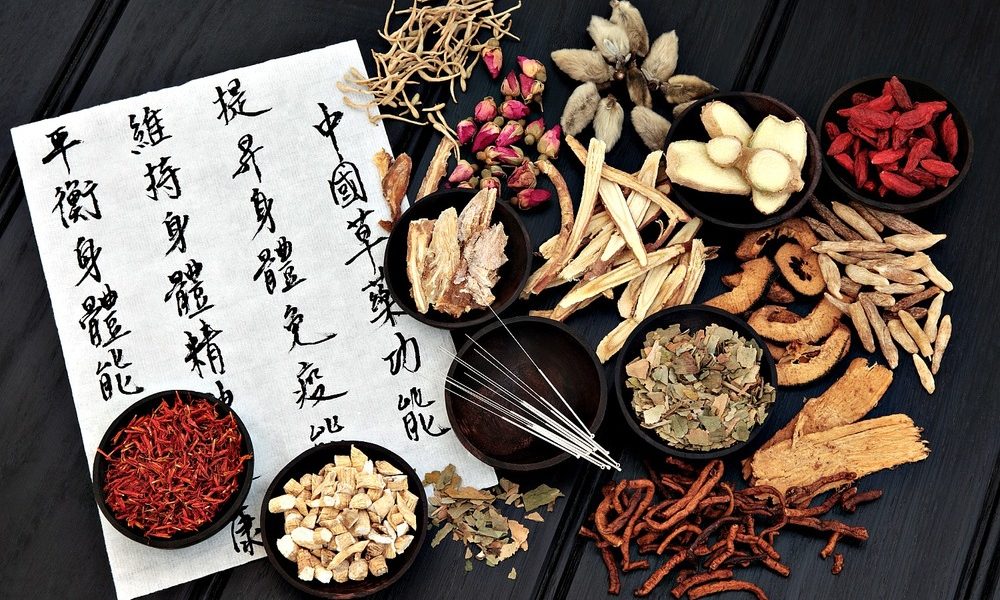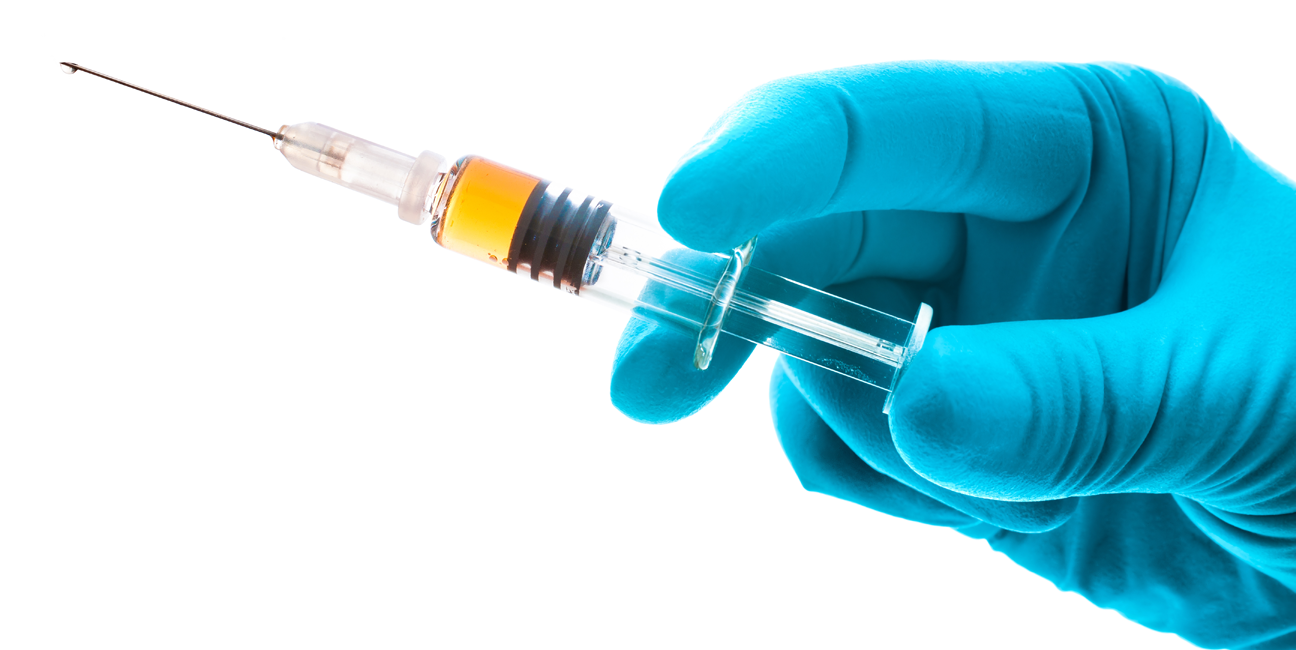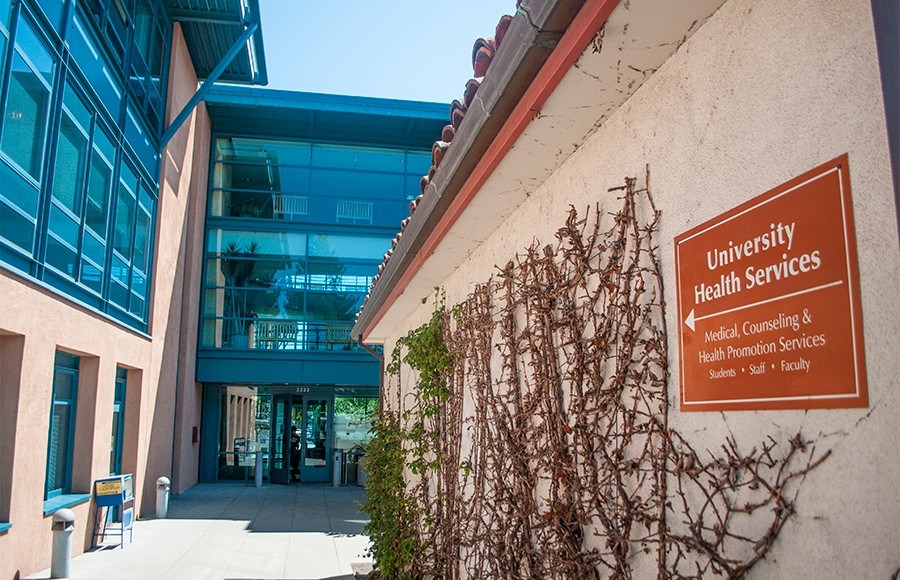Growing up in my grandparents’ apartment in Guangzhou University of Chinese Medicine in the heart of Guangzhou, China, I rarely visited the hospital aside from getting vaccinations. If perchance I catch a cold, I would be given a slew of Chinese and Western medicine in various combinations and doses prescribed by my grandparents (who thankfully studied both types of medicine). Chicken noodle soup was a completely foreign concept! Instead, I often imbibed a ready-to-drink herbal tea called xiasangju, roughly translated to “mulberry and chrysanthemum granules.” Though the name may sound a little suspicious, drinking this herbal concoction three times a day made my symptoms magically go away.
Although my family is well aware of the scientifically proven effects of Western medicine, we, disregarding conventionally held beliefs that they aren’t “effective,” still regularly use some Traditional Chinese Medicine (TCM) as supplements to our health. However, if you think about how these herbal tea compositions are created, they don’t seem much less reliable than data produced by pharmaceutical companies. Dating back to the work of Li Shizhen, the father of traditional Chinese medicine, in the 1500’s, Chinese medicine has been used by millions and millions of Chinese people to cure various illnesses. Despite not having done documented animal testing or clinical trials, Chinese people’s persistent use of these herbs indicates that even if they aren’t beneficial, they certainly aren’t harmful to human health.
But that doesn’t mean you should arbitrarily take TCM. Despite the positive effects of TCM, it could be dangerous if the herbal prescription you are given is not properly prepared and collected. If the herbs were not handled by trained professionals, it is possible that the herbs could be contaminated by allergens, toxins, and other trace substances that may be harmful to your body. Thus, it’s vital to scrutinize the origins of medicine and double check that licensed individuals produced the drug. As with any kind of medication, food, or anything that you will put in your body, proceed with caution but also with an open mind.
The science behind the thousands of Chinese herbal prescriptions has yet to be thoroughly researched by scientists as they strive to further innovations. However, this should not discredit drinks like the chrysanthemum tea. After all, I have been drinking that since I was a toddler, and when I want an immune system boost, I grab a packet of herbal tea before swallowing huge vitamin C gels. All in all, if your neighbors from China offer you some herbal tea when you’re sick, don’t be too afraid of them (unless you don’t have that good of a relationship with them).
Article by Ellison Chen
Feature Image Source: Lachlan McDonald Chinese Medicine
























